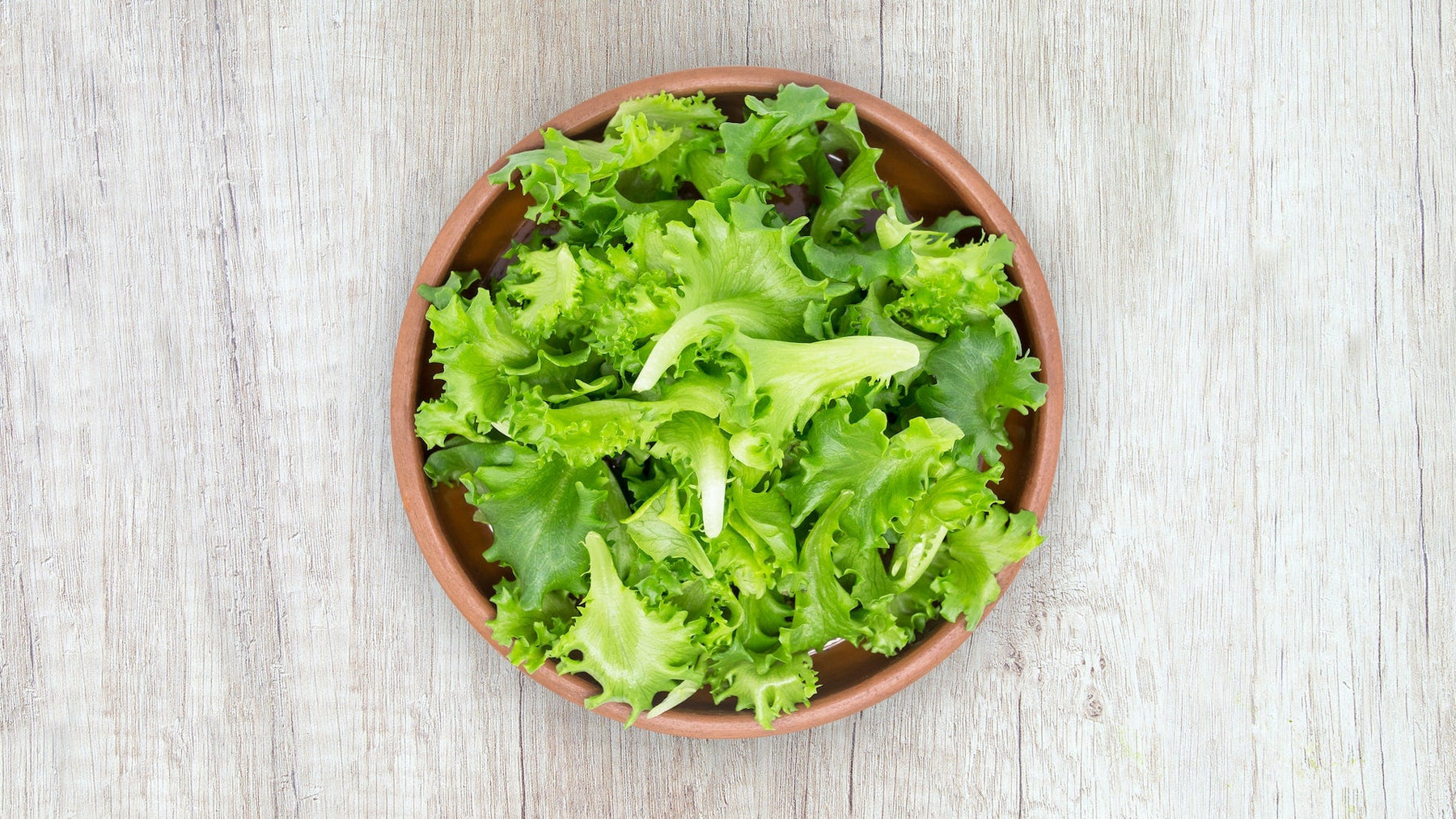
Why Bacon’s Good For You and the Environment
This might come as a surprise to you, but bacon isn’t one of my favorite foods.
Sure, I might write about it frequently, but I do so, not because I have an insatiable love for crispy bacon. No, the real reasons I write about bacon so much are twofold: the first reason is only because I know most of you, my readers, love bacon. The other reason is I’m trying to dispel the idea that certain foods are categorically “bad” and “good”.
That’s why I wanted to write to you about a new study proving bacon is nowhere near as bad as you might think.
Over the past year or two, I’m sure you’ve seen a few articles floating around where people are calling for a mass conversion to vegetarianism or “veganism” because it’ll save the environment.
The typical article will say something along the lines of, “it takes X amount of gallons of water, X number of gallons of gas, X amount of dollars, etc. to put a burger on your plate.” Conversely, they argue eating vegetables is “much better for the environment.”
They usually claim bacon is one of the worst offenders out there.
Well, I’m not here to knock vegetarianism or veganism, however, I want to point out a recent study conducted by Carnegie Mellon University actually proves this to be wrong.
Bacon eaters, rejoice! The B in your BLT is actually better for the environment than the L in the same sandwich (the L is lettuce in case anyone’s wondering).
“So how does this all work?”, I hear you asking.
It’s simple; bacon is a calorie-dense (and nutrient-dense) food. So, hitting the USDA recommended daily caloric intake based on a diet high in vegetables and fruit would require eating an immense amount of these foods.
And the more vegetables and fruit you eat, the more harmful it is to the environment.
According to the research team at Carnegie Mellon University, there would be “a 38 percent increase in energy use, 10 percent bump in water use and a 6 percent increase in greenhouse gas emissions” if Americans switched their diets to mirror the USDA’s guidelines.
That’s because the foods the USDA recommends (over bacon) are much more resource intensive than hogs.
This flies in the face of what many people who follow a vegan and vegetarian diet say about their preferred food source.
“You cannot just jump and assume that any vegetarian diet is going to have a low impact on the environment,” said Paul Fischbeck, professor of social and decision sciences and engineering and public policy and one of the authors of the study. “There are many that do, but not all. You can’t treat all fruits and veggies as good for the environment.“
Now, I‘m not knocking veggies and fruits, as the study didn’t state they’re bad. But, it did show lettuce to be one of the worst performing in terms of overall impact on the environment.
It’s not just the lettuce itself, but also all the varying factors that go into producing it, transporting it, the amount of energy used to produce it, and its eventual wasting.
And that really matters.
“If what your concern is the greenhouse gas emissions or energy or water use of the entire system, I don’t think you should leave out large chunks of it,” Fischbeck said. “If you want to know how much energy is being consumed, you have to include waste and what is lost from grocery store or dining room table.“
Does that mean you should ditch lettuce?
Definitely not. However, if you can get the local stuff at a farmers’ market, it’s going to be much better for you and for the environment.
Oh yeah, if you’re wondering what vegetables you can eat without damaging the environment, the researchers said onions, okra, carrots, broccoli and brussels sprouts are the way to go.



